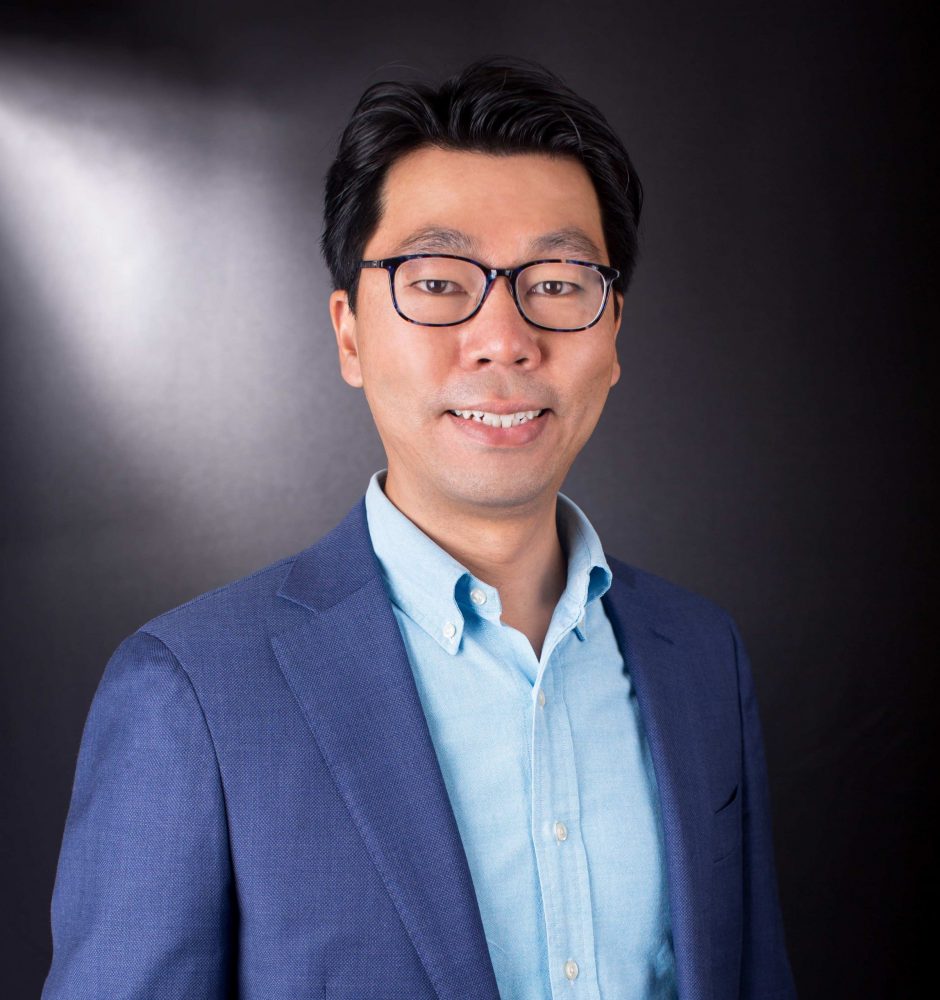With ten consecutive strong quarters to date, what is driving Hong Kong’s growth? Thanks to the latest 3.1% year-on-year increase in GDP for the last quarter, reaching two-and-a-half years of positive growth, Hong Kong's economy has remained resilient and impressively strong. Prof. Heiwai Tang, Associate Vice-President of HKU and Director of the Asia Global Institute, commented that, including its strong exports, Hong Kong’s strong financial sector greatly helped the city’s economic outlook.

3917 0029
3917 4388
MB 335/ KK 920
The Census and Statistics Department of Hong Kong released Hong Kong’s second-quarter GDP estimates (3.1%), surpassing both market expectations and the revised first-quarter figures. Prof. Heiwai Tang, Associate Vice-President of HKU and Director of the Asia Global Institute, noted that, supported by improvement in the financial market, the local economy is expected to remain buoyed by improvements in the financial sector.
In a recent and thought-provoking interview and as part of the IfW Kiel's Global China Conversations series, Prof. Heiwai Tang, Associate Vice-President of HKU and Director of the Asia Global Institute, shed light on the deeper dynamics behind China’s industrial strategies.
In an interview with Deutsche Welle (DW), Prof. Heiwai Tang, Associate Vice-President of HKU and Director of the Asia Global Institute, explained that mainland Chinese enterprises face a "go global or go bust" situation due to intense domestic competition and tariff pressure on their export businesses. He noted that while these enterprises possess strong competitive advantages and productivity, they must still adapt to local cultures, such as management and political cultures, when expanding overseas.
In a recent interview with Ming Pao, Prof. Heiwai Tang, Associate Vice-President of HKU, explained that Hong Kong’s economic growth coupled with weak consumer sentiment stems from price rigidity—where wages and shop rents remain high, causing slow price adjustments. He noted that this leads the public to perceive restaurants as understaffed and expensive, yet offering poor quality, while high costs undermine business competitiveness and dampen consumer spending.
The 7th "Hong Kong University China Economic Quarterly Forum" series of events was recently held. Prof. Heiwai Tang, Associate Dean of HKU Business School and Director of the Asia Global Institute, delivered a keynote speech titled "The New Pattern of the Asian Economy under Geopolitics." Prof. Tang believes that in the next decade of "globalization," economic interactions between countries will become more fragmented, digitalized, and regionalized, with the world transitioning toward multipolarity. The brand-new "globalization" may possibly occur without the participation of the United States.
In the wake of the Second World War, London underwent a profound transformation from a global trade port to an offshore financial centre. In 1964, the city was one of Europe’s three largest ports, handling up to 61.3 million tonnes of cargo. However, by the 1980s, with the advent of large ocean-going vessels and container technology, its enclosed wharves could no longer adapt to the new shipping demands, both geographically and in terms of facilities. As a result, with its cargo handling volume drastically reduced to 25 million tonnes, London lost its crown as a leading regional port.
In a recent interview with Ming Pao, Prof. Heiwai Tang, Associate Vice-President of HKU, said that he is not so worried about uncertainties or risks, but more about awareness within the city on how it should move on and understanding why it lost business to other places.
Prof. Heiwai Tang, Associate Dean of the HKU Business School and Director of the Asia Global Institute, has highlighted the need for Hong Kong to diversify its economy beyond its current narrow structure. To drive sustainable growth, he calls for the development of "new industries" and introduces a groundbreaking method to assess their economic contributions. This innovative approach enables the government to track industrial trends, design targeted policies, and measure their effectiveness with precision. Applying this method, Prof. Tang’s research uncovers the substantial potential of new industries to expand Hong Kong’s GDP. Fueled by rapid advancements in innovation and technology, sectors like "research, design, testing, and environmental engineering" saw their value added soar from HK$3.3 billion to HK$13.3 billion between 2000 and 2023. Similarly, "computer programming, data, and industrial internet services" has surged from HK$5 billion to HK$25.5 billion in the same period. Beyond these emerging sectors, Prof. Tang underscores Hong Kong’s pivotal role in the global supply chain. He notes that productive services, ranging from logistics to legal services, are essential in supporting not only local industries but also worldwide supply networks, making them a vital component of Hong Kong’s economic future.





